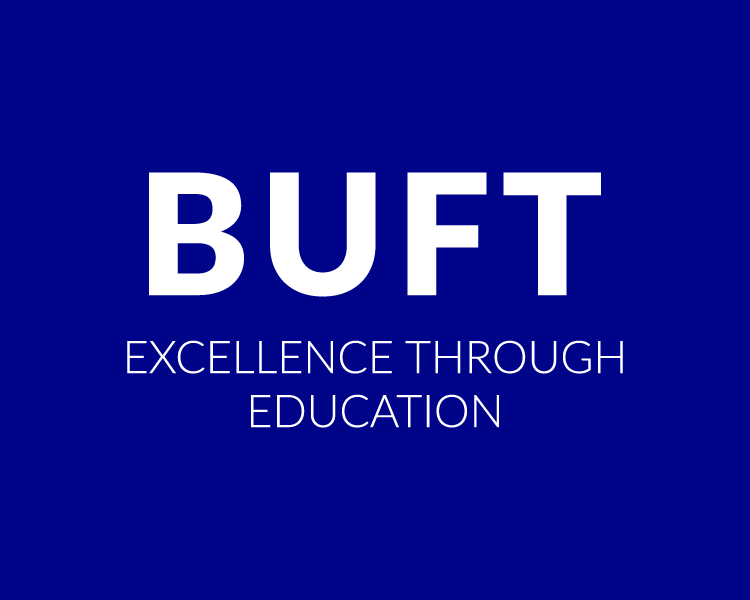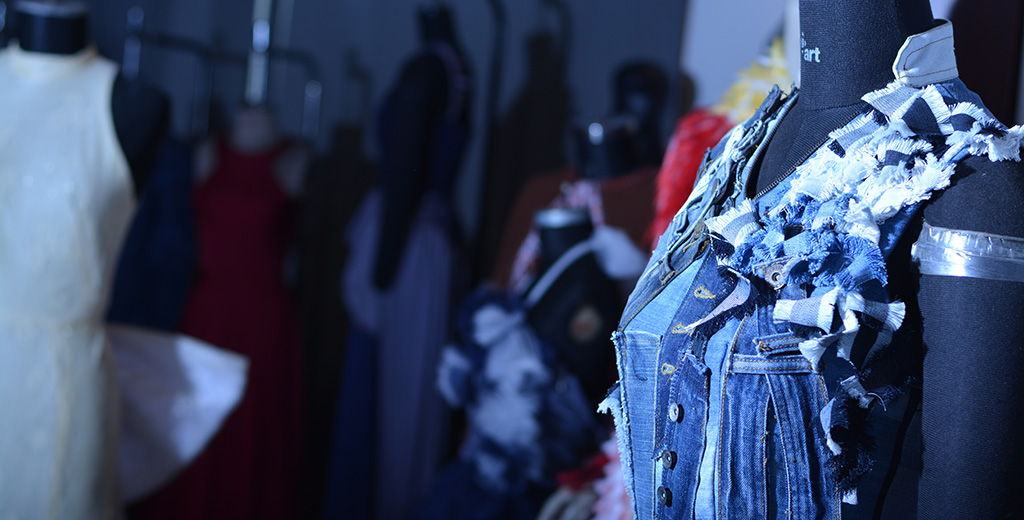Program of Study
Fashion is a fast-moving and diverse international industry. It has historical and social and significance, often underpinning our cultural values. B.A. in Fashion studies program at BUFT recognizes this climate of diversity and cultural importance. Encouraging innovation and originality, the course will support student’s creative, practical and intellectual development. It will enable students to take advantage of the wide range of opportunities the industry can offer. The B.A. in Fashion Studies integrate inclusive, decolonized and sustainable perspectives throughout our curriculum, research, and creative activities as well as industry and community partnerships. Gain hands-on experience with 250 hours of internship and career-focused workshops integrated into the program. We nurture students to become leading fashion designers, creatives and business leaders by encouraging you to hone your creativity and connecting you with the global fashion industry.
The B.A. in Fashion Studies curriculum offers opportunities for interdisciplinary work and collaboration. This is formulated to provide a microcosm of the professional fashion design world. The nature of this work will give students valuable insight into their future role in the industry. The curriculum is also flexible and provides scope for professional networking. B.A. in Fashion studies focuses on active learning through project-based enquiry. Collaborative projects may involve cross-pathway teams, as well as work with external professionals, sponsoring companies and organizations.
The program consists of eight academic semesters and a total of 147 credits. Each semester is subdivided into modules from the fields of: Majors, Deepening Specializations, Interdisciplinary Minors and General Electives.Academic Majors are the academic disciplines or program-related courses which the undergraduate students formally complete. Students are allowed to deepen their understanding of their core majors through a Deepening Specialization, which gives them a further edge in specific industries. Interdisciplinary Minors provide individuated pathways that would permit students to acquire multidisciplinary skill sets and opt for a group of subjects that complement studies in one’s major or explore an unrelated area of intellectual interest. General Electives are offered to the students to help them enhance their personality and develop interests in specific areas like values, personality development and character building, soft skills, communication skills, critical thinking skills, professional ethics etc.
The program creates a learning environment in which innovation is nurtured across four distinct but closely related pathways. Through this structure, we encourage versatile fashion specialists who can solve problems creatively. We aim to equip you with in-depth knowledge of your chosen field as well as a wider breadth of the industry. Alongside your specialism, you will learn about the social, economic and cultural factors which impact on the professional realm in which you will work.
Subjects Taught
Category wise courses and credits summary
| # |
Category |
No. of Courses |
Credits |
Percentage |
| 1 |
General Electives |
13 |
30.00 |
20.50 |
| 2 |
Majors |
22 |
64.00 |
43.50 |
| 3 |
Deepening Specializations |
10 |
31.00 |
21.00 |
| 4 |
Interdisciplinary Minors |
09 |
22.00 |
15.00 |
| Total |
54 |
147.00 |
100.00 |
Increased industry interaction for students through classroom lectures, tutorials, projects, field trips/factory visits, in-plant training/internships and part transaction in industry environment is the focus of the structured OBE curriculum. The contact hours are regulated to around 24 hours per week, giving increased time for tutorials, practical sessions, studio practices, group works and self-study to the students.
The degree program is completed with an 8-week in-plant training/internship which the students do in an industry or a company, followed by the production of a Bachelor's Thesis/Final Year Project.


